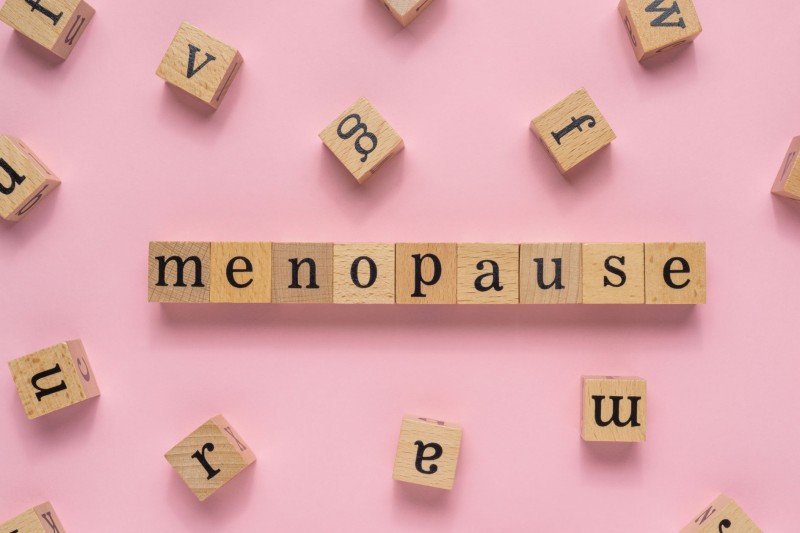Researchers at Bournemouth University are exploring the impact of the menopause on autistic people and their experiences during this life transition.

There is currently a lack of research around autistic experiences of menopause and whether the wide-ranging symptoms of menopause can affect autistic people differently.
Professor Julie Gamble-Turner and Dr Rachel Moseley are helping to fill this gap by talking to autistic people about their experiences of menopause and the support that might be needed.
“We don’t know for sure why life transitions such as menopause affect autistic people differently, but there could be multiple reasons,” said Dr Rachel Moseley, Principal Academic in Psychology at BU.
“It seems that neurodivergent people generally are quite sensitive to hormonal fluctuations and some of aspects of their autism might be amplified or made more difficult by some of the symptoms of menopause – for example, sensory sensitivities and difficulties regulating your emotions.
“In addition, autistic people are a marginalised and stigmatised group and have much higher rates of lifetime stress and trauma. This can change the nervous system and make you more sensitive to future stressful experiences, like menopause.”
Their research has found that autistic experience of menopause can be variable – while some autistic people have very few struggles during the transition, others said that their mental health and wellbeing were severely affected.
Feedback from autistic people about their experience of menopause included mental and physical symptoms (“I thought that I was going mad…”, “a head full of cotton wool and a body which just isn’t going to behave”, “I was psychotic – my emotions have been turned up a notch”) and an inability to articulate their need for support (“When you can’t describe what’s going on, you can’t ask for help”).
“Some of our participants reported a significant decline in their mental health, their wellbeing and their ability to take care of themselves,” said Dr Moseley.
“Some lost jobs, some people became dependent on ageing parents, or fell into financial arrears, some even experiencing self-injury and suicidality - so people can really struggle.”
Their research also found that autistic people are often unprepared and unaware of the potential impact of menopause – and that a lack of awareness and information tailored to autistic people can make it more difficult to get the help they need.
“We’ve found that autistic people are often very unprepared for the experience of menopause and don’t necessarily recognise the symptoms that they are experiencing as menopause,” said Professor Julie Gamble-Turner, Professor of Psychology at BU.
“Many have had particularly difficult experiences in the past accessing healthcare and so are then in a situation where they found it difficult to get support for these symptoms that they were unprepared for and which they don’t really recognise.
“We’d like to provide more information so that people know what to expect even before they go through menopause, so they can be more prepared and so their loved ones, healthcare providers, and people supporting them can also be aware and able to look out for the symptoms that may present themselves in slightly different ways in autistic people.”
Dr Moseley added: “It’s really important that professionals working with autistic people are aware that this can be a time of difficulty, potentially severe mental health difficulties.
“We need to get information out there that is geared to autistic people and their needs before they hit menopause so that they are forewarned and can set up support if needed.”



